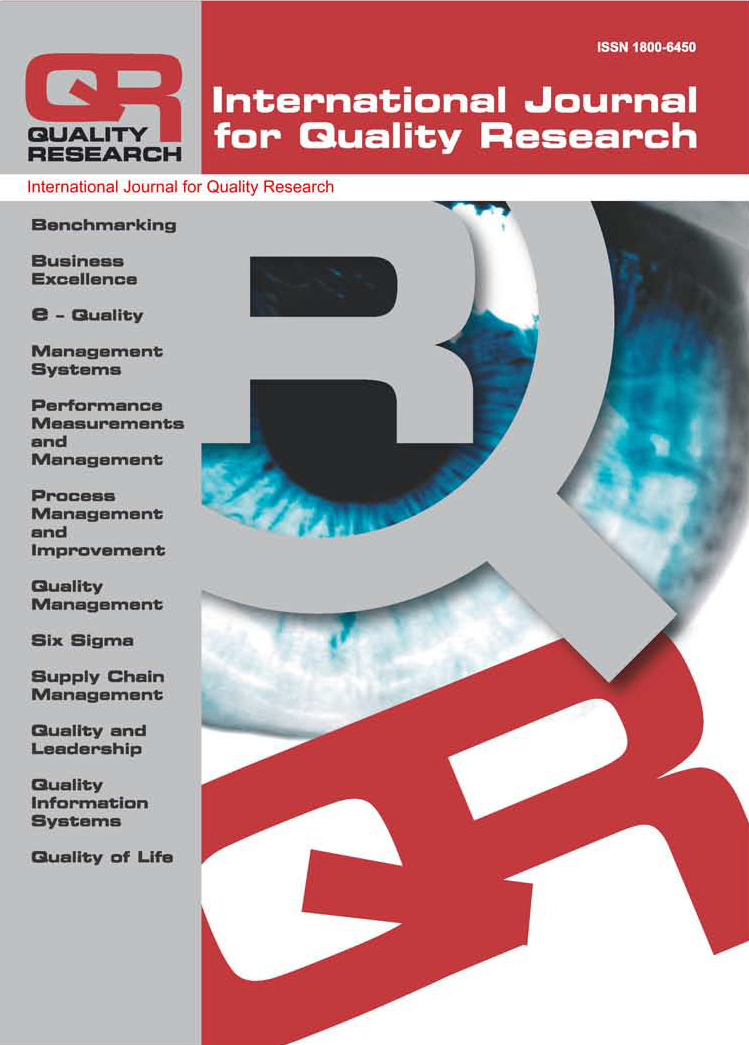SITE SELECTION OF DESALINATION PLANT IN LIBYA BY USING COMBINATIVE DISTANCE-BASED ASSESSMENT (CODAS) METHOD
Ibrahim Badi, Mohamed Ballem, Ali Shetwan
Abstract: Libya is one of the arid regions of the world, and it is facing a serious water supply shortage due to the increase in both population and water consumption in various sectors. Ground water is the main source of water in Libya, but it is limited and over exploited. Desalination of sea water is one of the possibilities for Libyan government to meet the problem of water shortage. Selecting the best location of desalination plant is important and a complex process because it is related to a variety of criteria. The aim of this paper is to select the best location of desalination plant in the northwestern coast of Libya. The selection of the best location was done by two main steps. The first step based on the criterion of minimizing water transportation cost, and the second step considered the influence of the external criteria on the location selection. The results of the case study show that the best location is the capital city (Tripoli) with respect to the assessment of Combinative Distance-based Assessment (CODAS) method. The sensitivity analysis was conducted to evaluate the robustness of the selected locations and it reveals that the CODAS method is stable and efficient to deal with multi-criteria decision-making problems. This study provides a suitable and useful tool for the decision makers concerning the optimum location of desalination facilities.
Keywords: Desalination, Location, Selection, Multi-criteria, Libya
DOI: 10.18421/IJQR12.03-04
Recieved: 05.01.2018 Accepted: 22.06.2018 UDC: 005.32:338.121.4
Reads: 1570 







